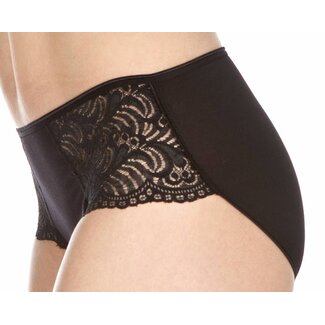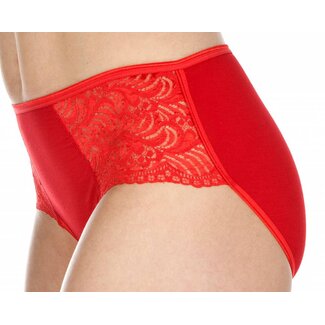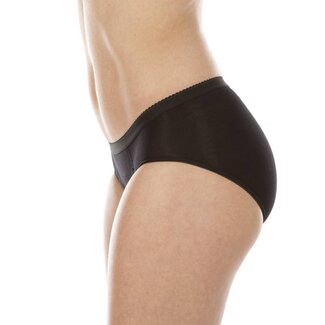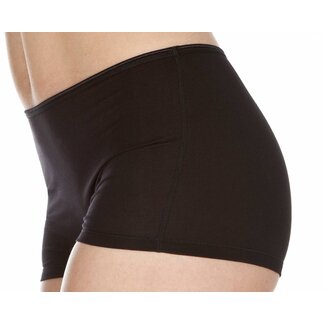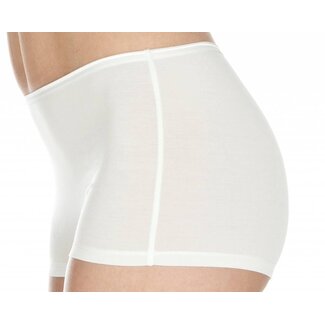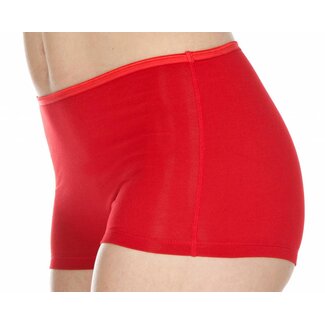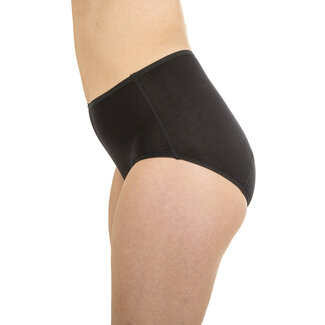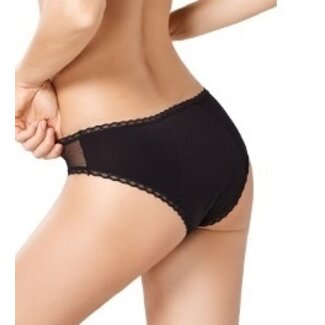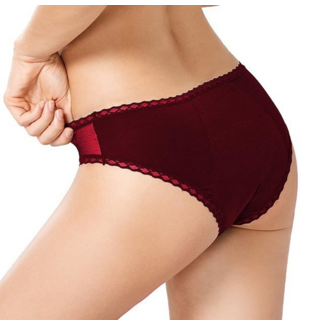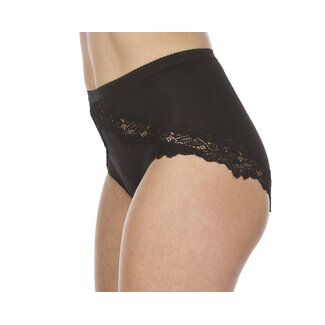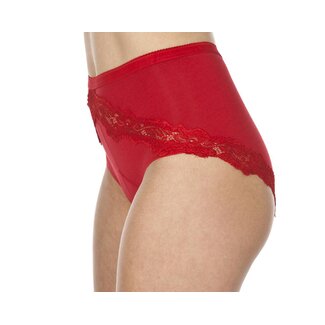Urinary incontinence
Incontinence is involuntary urine loss, or 'not being able to hold your pee back'. You are not the only one. 3 out of 4 women experience unwanted urine loss to a greater or lesser extent. Along with other bladder-related problems, it is more common than all conditions such as asthma, diabetes and epilepsy combined. A large proportion of all men also suffer from incontinence. For instance, about a quarter of male over-50s suffer from occasional urine leakage. The degree of urine leakage varies from a few drops to larger amounts.>
Protective underwear
Fortunately, Swaens lingerie offers protection. Swaens bamboo is silky soft, breathable, anti-allergenic and absorbs up to 60% more moisture than cotton! And every Swaens has a unique crotch with unmistakable properties. They are odour-resistant, have great moisture absorption, prevent leaks and feel dry to the touch. These special properties guarantee safety in case of urine leakage.
It is not for nothing that incontinence nurses, urologists, urotherapists and pelvic floor therapists recommend us.
Use Swaens and you can go back to your usual life.
Cause of incontinence
Incontinence or loss of urine can have several causes:
- Pregnancy and childbirth
- Prolapse
- Poor pelvic floor function
- After prostate cance
Types of incontinence
There are different types of urinary incontinence. The four most common are:
- Stress incontinence
Stress incontinence (stress incontinence) is most common in women. Stress incontinence is involuntary leakage of urine during laughing, sneezing and coughing. The causative agent of urine leakage is usually a loosening of the sphincter muscle of the bladder and insufficient support of the urethra. - Urge incontinence
With urge incontinence, you cannot suppress the urge to urinate. You have to urinate very often and leakage of urine occurs. You may also wake up frequently at night with an annoying urge to urinate. - Mixed incontinence
Mixed incontinence involves both symptoms of stress and urge incontinence. - Overflow incontinence
In overflow incontinence, the bladder is not completely emptied. Causes include an overactive pelvic floor, malfunctioning nerves, a blockage in the urethra that stops the outflow of urine or a flaccid urinary bladder.

